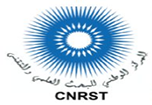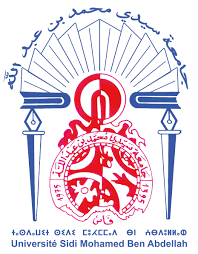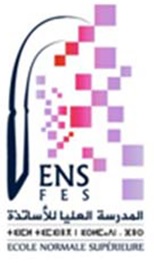April 01-02, 2021 | Fez, Morocco




Artificial Intelligence (AI) has driven a revolution, not only in the domain of computer science, communications and information technology but also in diverse engineering applications. With the growing power of AI, new computing platforms--Embedded Systems are necessary to support the emerging AI algorithms and applications from system level to circuit level. The conference promotes the transfer of recent AI research into practical applications and implementations; i.e. developing intelligent ICT systems and pursuing artificial intelligence applications for contents, platforms, networks and devices. The Second International Conference on Embedded Systems and Artificial Intelligence (ESAI'21) will provide an excellent international forum for sharing knowledge and results in theory, methodology and applications of Embedded Systems and Artificial intelligence in diverse interdisciplinary domains. The goal of this conference is to bring together researchers and practitioners from academia and industry to focus on understanding recent research in the said domain and establishing new collaborations in these areas (but not limited to):
- According to Springer recommendations, the submitted papers (at least 12 pages) must be unpublished and not considered elsewhere for publication. The contributions might be accepted as short papers (6-11 pages) and they will appear in a designated section of the proceedings.
- All submissions should be written in English.
- Only electronic submissions in PDF/DOC format will be considered.
- Manuscript should have minimum 12 pages, including references, figures and tables, following the editor format :
All papers should be submitted to the ESAI'21 EasyChair online submission website.
Download Call For PapersThe quality of tables, figures and photos is also a very important requirement for the publication. It is also the obligation of the authors to make sure that all sources of the research used in their papers have been adequately referenced. Papers with any kind of plagiarism will be systematically excluded from publication in Springer. Springer has a very strict policy against plagiarism in all its publications and it publishes on a regular basis a blacklist of authors who are banned from publishing in its journals and in the DL owing to plagiarism.









